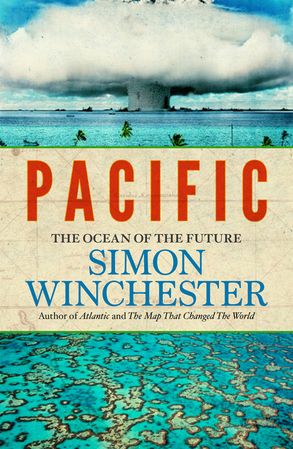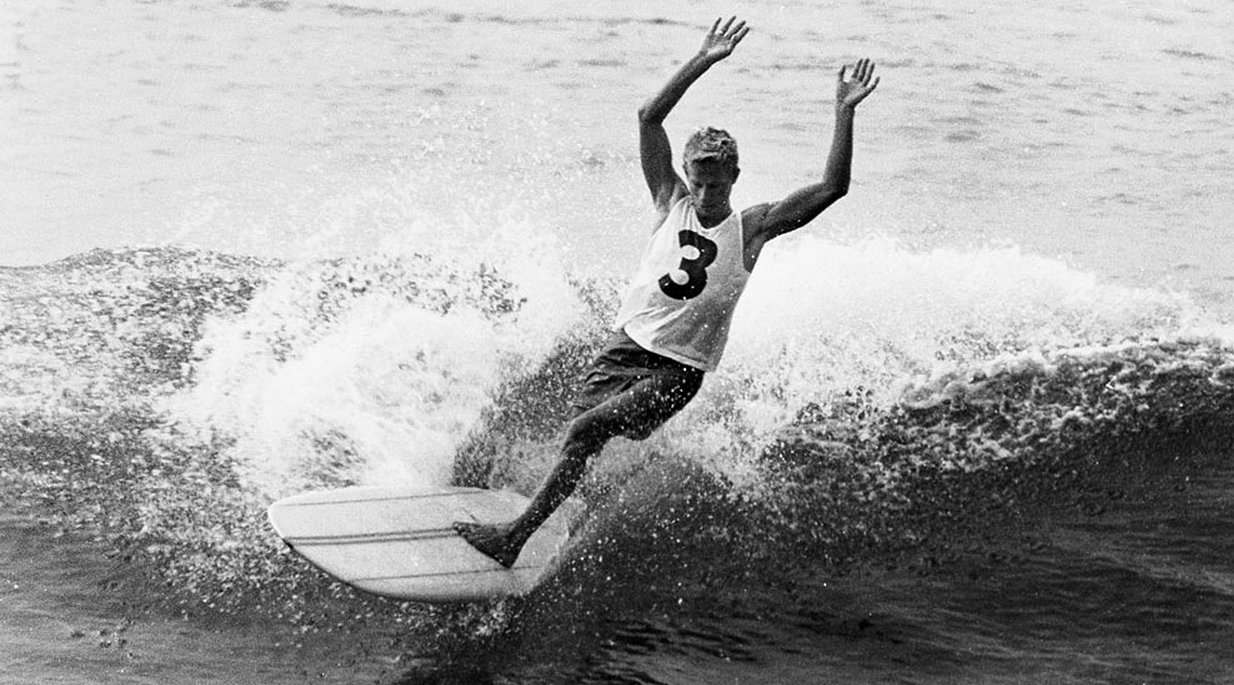 The ethos of the surfers themselves — the detached, otherworldly, laid-back, relaxed, pleasure-addicted world of sun, sea, sand, and endless pure enjoyment — has left its own legacy, and in unexpected places.
The ethos of the surfers themselves — the detached, otherworldly, laid-back, relaxed, pleasure-addicted world of sun, sea, sand, and endless pure enjoyment — has left its own legacy, and in unexpected places.
Industry, most particularly. A handful of company founders — most of their companies based on the American West Coast, and in places close enough to the Pacific wave breaks to allow employees to surf in their spare time — decided that it might be prudent to hire people who surfed, and then to accommodate the firm’s working practices to those employees’ peculiar needs, and hope for good and fair treatment by their workers in return.
A pioneer of such an idea was Yvon Chouinard, the son of a French Canadian plumber, who became an avowed environmentalist, bird-watcher, and climber and surfer — and who decided in 1957 to teach himself blacksmithing so that he could make his own climbing equipment, since he found American-made pitons and crampons so wanting. A decade later he similarly found that American-made foul-weather clothing could not adequately protect him and his other wilderness lovers, so in 1970 he established a company, Patagonia, that he said would produce the kind of outdoor clothing he would use. He also declared that he would follow as ethical a path as possible. He explained to me how his own enthusiasm for surfing colored his business practice and his approach to his firm:
Because of the unpredictability of weather and wave forecasting in the past, a serious surfer was required to choose a lifestyle and a job which allowed one to go surfing whenever the conditions were favorable. One could not plan a schedule to go surfing precisely at 3:00 p.m. next Thursday afternoon. Surfing really took off in the mid-fifties to mid-sixties, which I believe was the height of the fossil fuel “party.” Gasoline was twenty-five cents a gallon, a used car could be bought for twenty dollars, and they were so simple any teenager could work on them. Camping was free, and you could always find a part-time job. There was a lot of fat on the land, so it was a perfect time for a counterculture to exist on the fringes of society.
My Patagonia business philosophy is based on a principle which I might call “Let my people go surfing.” I named it after our flex-time policy here at the company. None of us ever dreamed of working in a normal business environment, so we hired self-motivated and independent folks: surfers and climbers. We leave them to decide when and how to do their jobs. So far it has worked out very well.
More than a few West Coast companies have since followed suit. The idea of flextime, the informal approach to office wear, the provision of a working environment that one might imagine someone with a penchant for the outdoor life might actually like — such features have inspired enormous firms such as Google, Facebook, Twitter, and Apple to consider, even to appropriate, some of Patagonia’s management techniques.
Such company practices may yet be spreading slowly elsewhere. For now, though, they are a principally Pacific phenomenon, born in part in tandem with this sport of the old Hawaiian kings, the Polynesians’ great seaside calling, and alongside what one might these days fairly term the Pacific Ocean’s greatest gift to the outside world beyond.







